Township tourism: The good, the bad, and the ugly

katutura 1ownship outside of Windhoek Namibia
By Rachel Flynn
Posted August 7, 2024
As travelers, one of the most exciting aspects of visiting another country is experiencing a new culture. We get the opportunity to learn about the history of places around the globe, participate in local events, and experience traditions and cultural practices first-hand. But, we also have a responsibility as global citizens to travel ethically and only participate in socially responsible tourism.
If you have traveled to a developing country, you have probably seen tours that visit favelas, slums, or in South Africa’s case, townships. Townships are informal settlements designed under the apartheid government to segregate South Africans. They forced hundreds of thousands of Africans, Indians, and Coloureds to relocate to townships to make room for white-only areas. An estimated 26% of the population lives in townships, but the divide is even more prominent in urban places like Cape Town, where nearly 60% of the population lives in informal settlements. Many townships are rapidly developing, but they are also notorious for issues including cramped living spaces, inadequate sewage and garbage disposal, crime, gangs and violence, lack of education, and poverty.
Township tours typically bring visitors to the settlements to learn about the history of the township, see current programs, and interact with locals. The tours walk a fine line of ethicality — if done responsibly, they provide many positive cultural exchanges. If not, they can cause more harm than good for locals.
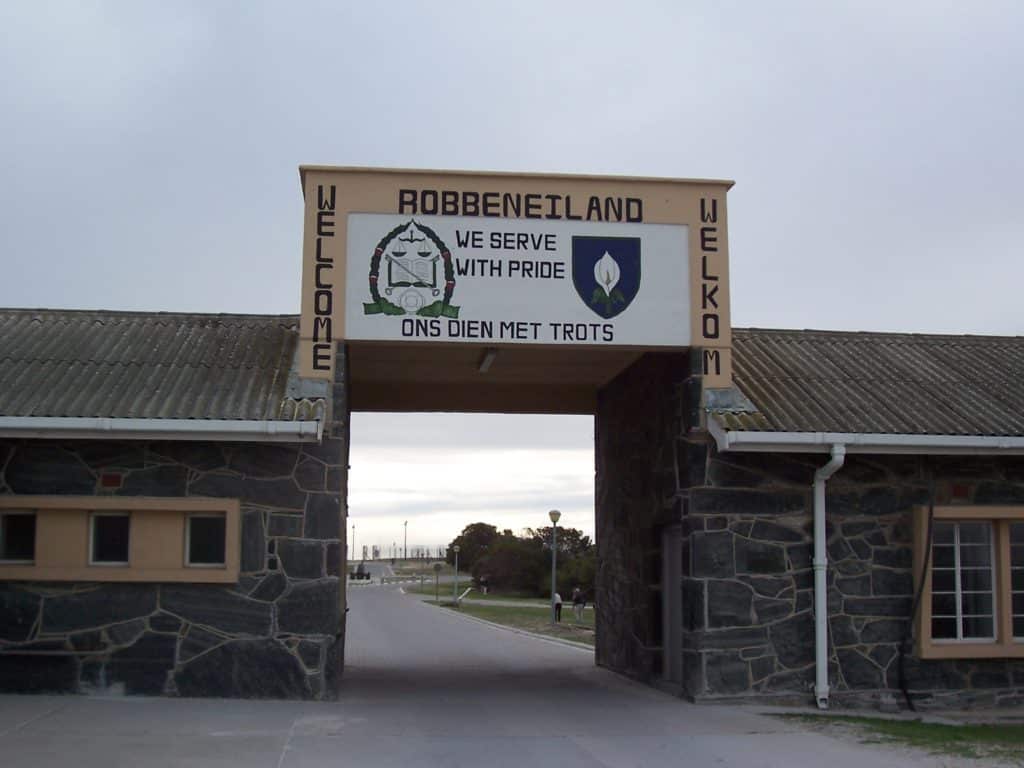
On my first trip to Cape Town, I unintentionally signed up for a township tour. I wanted to find a tour group to visit Robben Island, and the cheapest option also included a township tour. I thought we would visit museums to learn about townships and then head to Robben Island. We visited the District Six Museum (this is a must-do if you are in Cape Town), but our guides also took us into the Langa township. We first stopped at the cultural center, met with a pottery instructor to discuss his classes for local kids, and had the opportunity to purchase their work. The tour then headed deep into a residential area to stop at one of the government-funded concrete houses. Our tour guides led us inside to see the living conditions of an eight-person family in a one-bedroom house while the residents collected money in the kitchen. I felt uncomfortable and stepped outside, but I heard my group members saying, “this is the real Africa” and “I can’t believe people live like this” while taking photos.
We then stopped at a local school to donate soccer balls to the students. The teachers stopped classes and made the students dance and sing for us. I immediately felt sick about participating in all of this. The students stopped learning to dance and sing for tourists. People opened their homes just for visitors to take pictures and partake in “poverty tourism.” I stepped out of the school and sat on the bus. I left the tour with a very icky feeling and was disappointed in myself for going. I felt like the township residents had to “perform” for us so we could get social media content and have a “cultural exchange” (but we didn’t even talk to more than one resident).
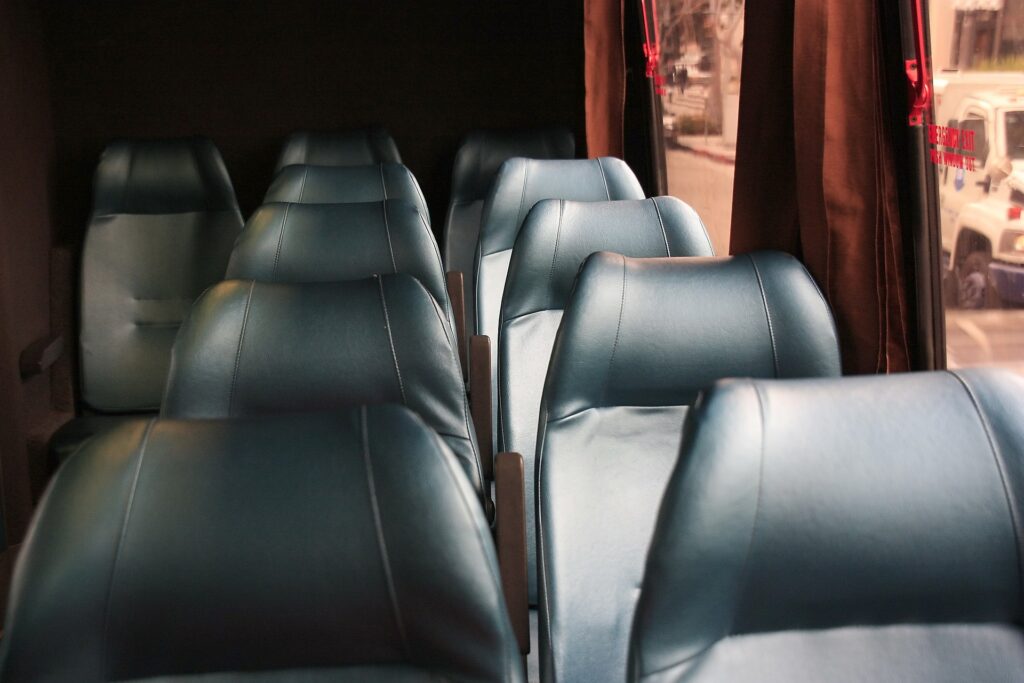
Since then, I have questioned whether or not township tourism is actually beneficial. There are both positives and negatives, but I think the tours can be beneficial if done responsibly. Some of the key discussion points include:
The good
- Economic impact to locals. If the tours are like the one I did, they create many new job opportunities (tour guides, bus drivers, “hosts” in townships, etc.). South Africa typically has a high unemployment rate, and it has only increased throughout the pandemic and lockdown. Township tours provide an extra and/or new source of income for individuals and organizations in the township.
- New cultural exchanges. While the tours don’t offer a full glimpse into the country, visitors rarely visit townships because they are stereotypically considered unsafe or dangerous. People may feel more comfortable exploring townships with established groups, creating opportunities for more cultural exchanges between tourists and locals.
- Introduction to social issues. Many visitors probably don’t know about many of the social issues affecting South Africans, so the tours introduce the history of these issues (poverty, racism, infrastructure, corruption, etc.).
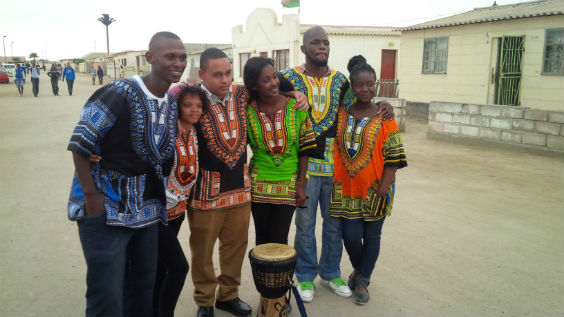
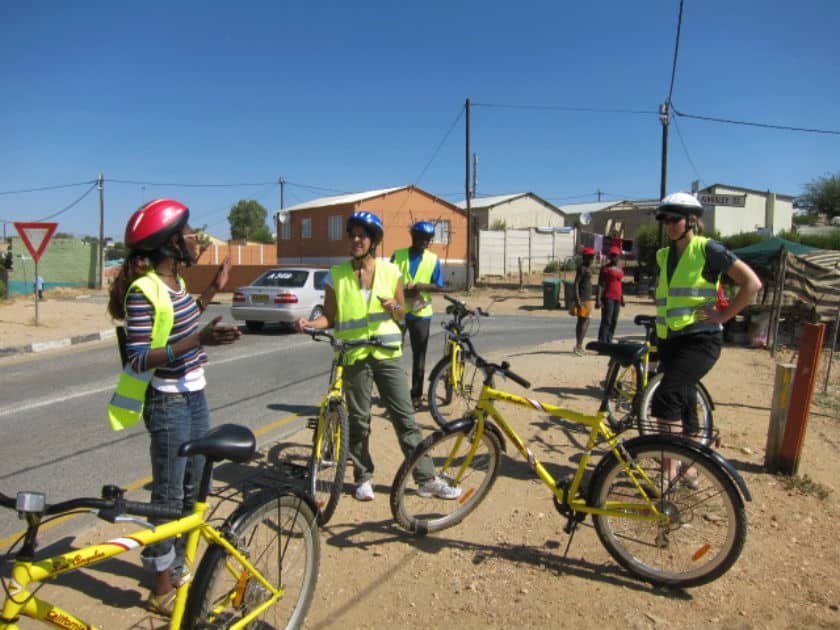
The bad
- Promote false narratives. These tours allow visitors to promote false narratives about developing countries, but Africa as a whole in particular. They share pictures of the townships and the extreme poverty that some people face on their social media with #Africa…but this couldn’t be further from the truth. Africa is a diverse, vibrant, and bustling continent with 54 sovereign countries that many people tend to lump together. While there is poverty in some places, it’s not fair to automatically equate Africa with poverty.
- Lack of stability/consistency. The pandemic has highlighted the instability of the tourism industry, and the people who rely on township tours as an income source can’t rely on those funds. While no job is ever “stable,” this is particularly unstable due to changing travel requirements.
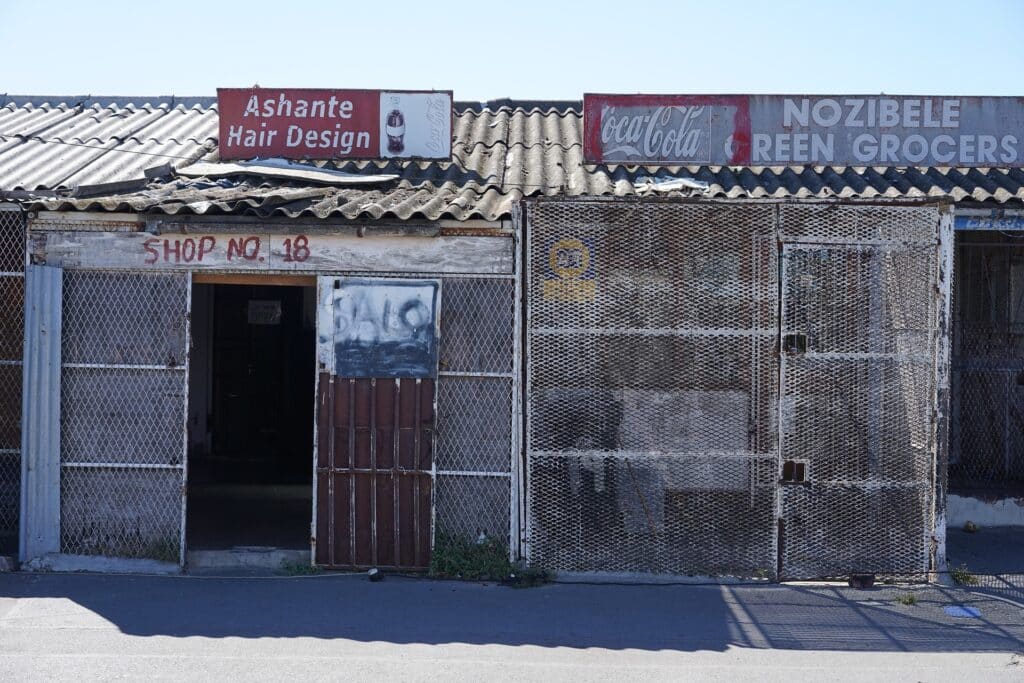
The ugly
- Failure to provide adequate context. You can only delve into so much history in such a short period, so the tours can’t shed light on the political and cultural factors that make the situation what it is. Some visitors may take information out of context without fully understanding the situation, and this can lead to “poverty shaming” and racism since townships are racially divided.
- Not a long-term solution. These tours may provide additional income, but they do nothing to solve the problems at hand. Townships are in the condition they are in due to economic, political, and social factors that cannot be solved with money. Many of these issues require government intervention to address infrastructure concerns, unemployment, and health issues.

Township tourism is a very complex issue that can have a positive impact if done correctly. If not, it can cause more harm than good. If you choose to visit a township, make sure you are going with the intention to learn and be respectful. These tours are opportunities to further understand South African culture and life through someone else’s perspective. Here are some helpful tips for your tour:
- Look for local. Research the tour operators and find those that only employ township residents to ensure that the money stays in the community.
- No photos. If your tour guides allow photo-taking, be respectful and try to avoid taking photos. Ensure that you have permission from everyone if you decide to take photos.
- Small companies. Book a tour through a small company to avoid supporting a large corporation that is only concerned about profit.
- Actual cultural exchanges. Look for a tour that fosters interactions between locals and visitors (discussions, cooking classes, history and language lessons, storytelling, etc.). This helps avoid a “zoo” setting where visitors are merely looking at residents.
- Share what you learned. Township tours educate travelers who can then take that information home and share it with others in a productive way. Use this experience to dismantle stereotypes and amplify voices that are yet to be heard.
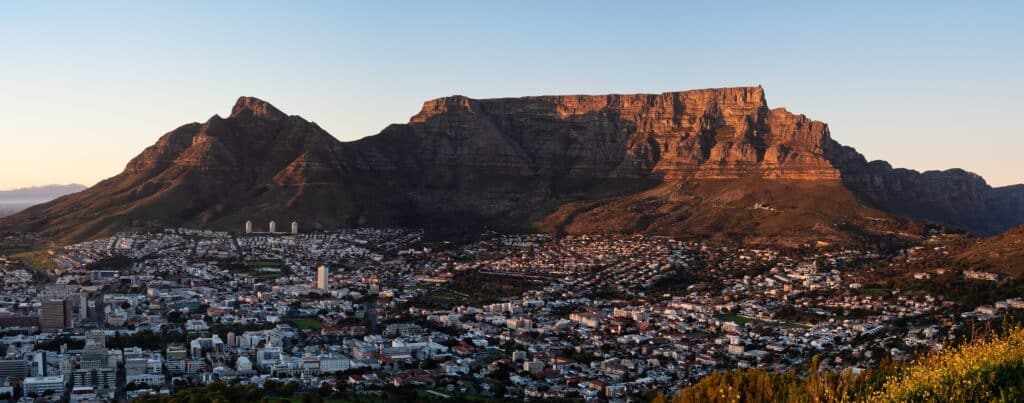
Book Your Stay in Cape Town, South Africa
Use the interactive map below to search, compare and book hotels & rentals at the best prices that are sourced from a variety of platforms including Booking.com, Hotels.com, Expedia, Vrbo and more. You can move the map to search for accommodations in other areas!
Join the community!
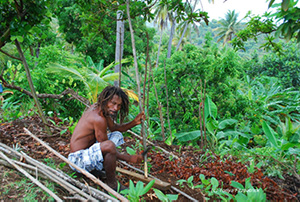
Join our community to receive special updates (we keep your private info locked.)




